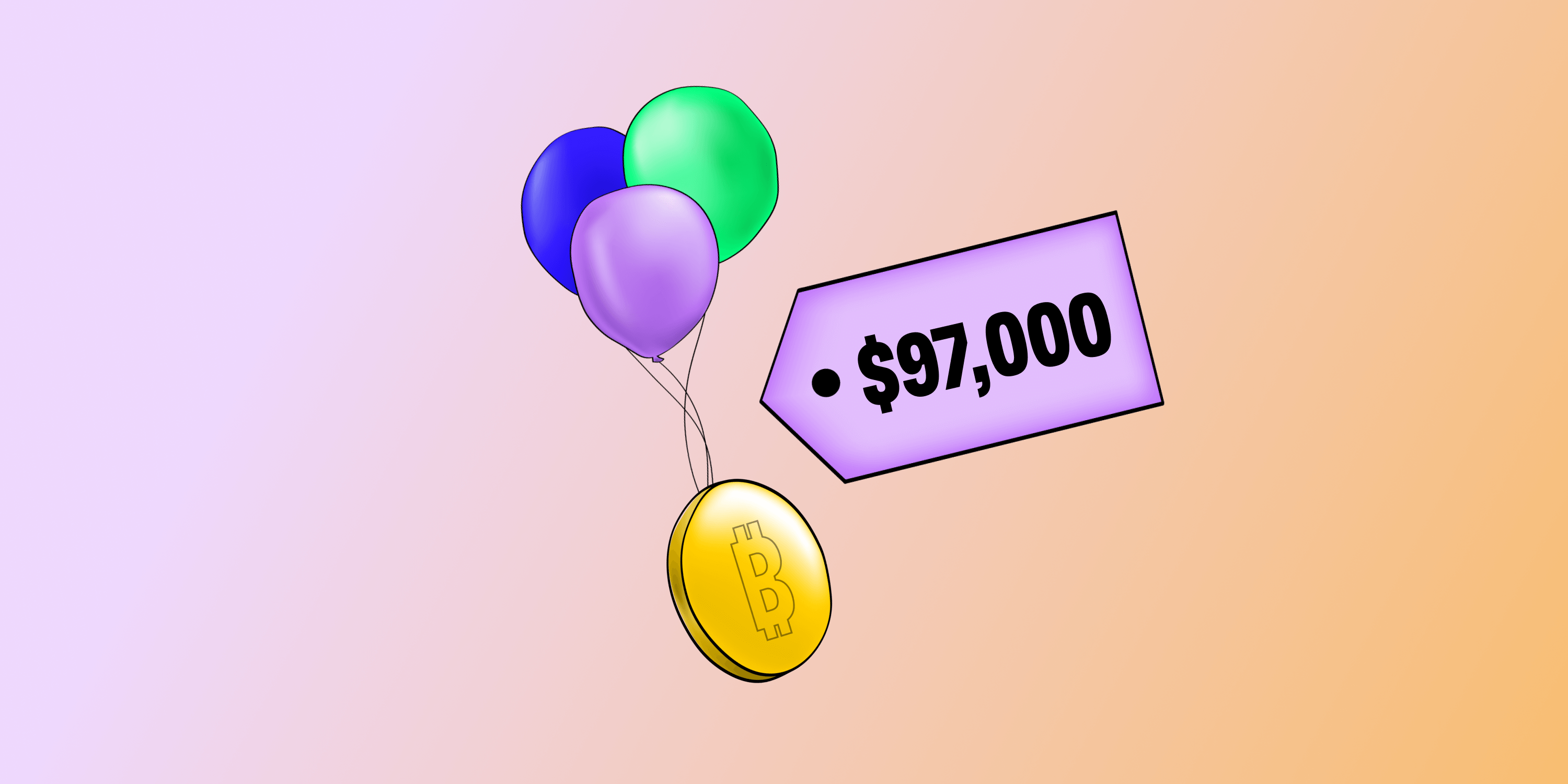
Your Budgeting Bestie: Discover the Best Apps
The top budgeting apps to help you get your finances on track 💖
This is some text inside of a div block with Cleo CTA
CTASigning up takes 2 minutes. Scan this QR code to send the app to your phone.

The vital money management skills you didn’t know you need to know

Anna Yen, CFA, is a financial wellness expert with two decades of experience in financial markets. This includes on the trading floors of JPMorgan and as a Director at UBS. She specializes in personal finance, derivatives, and alternative investments including crypto.
Over to Anna.
You’ve probably heard the phrase, “what you don’t know can’t hurt you.” Sometimes that’s true. But when it comes to personal finance, what you don’t know absolutely can make your life hell.
Even so, as of 2023, just 19 states require a mere semester of personal finance in high school. As for real-world experience? Even parents often shy away from discussing money with their kids.
This unfortunate reality leaves too many just-barely-not-teenagers to figure out budgeting, credit, mortgages, and more on their own. If you were one of them, we’ve gotchu – here are the vital money management skills you didn’t know you need to know.
A shocking Annuity.org survey revealed that over half of Americans felt budgeting was the most important money management skill not taught in school. That’s doubly unfortunate because budgeting is the basis of all your personal finance decisions.
Budgeting involves tracking your income, savings, debts, and expenses, then building a plan to optimize your cash flow. Implementing a flexible-yet-solid budget ensures you don’t lose track of a single dollar. In reverse, failing to budget can have disastrous consequences – often involving large debts or missed savings goals.
If you don’t know where to start, you can try the zero-dollar or 50/30/20 budgeting systems. Better yet, you can use Cleo to make budgeting not just a cinch, but an absolute joy. (Complete with a roast.)
Too tight of a budget can be constrictive – sometimes you just need to breathe, ya know? Set aside something budget-friendly, even if it’s just $20 a week, and enjoy yourself! Hobbies, spa days, a hike in the woods, whatever makes you happy.
Learning how to handle debt is another vital money management skill that many Americans struggle with. It’s not about tackling debt once you’re neck-deep in the s***; you want to avoid getting there in the first place.
Managing debt starts with separating good debt and bad debt.
Good debt typically involves low interest rates and/or investing in yourself. Think buying a house, going to college, getting a car, etc.
Bad debt often comes with predatory interest rates and rarely accomplishes a goal, like credit cards and payday loans.
From there, managing debt involves knowing what you can afford to borrow, for how long, at what interest rates. Then, it’s all about folding your payments into your budget and chipping away at your balance over time.
Credit – specifically, your credit score – is a key component of using debt wisely.
Your credit score is a three-digit number that “quantifies” your credit report. (Essentially, a record of all your debts.) Every debt-related decision, from applying for a credit card to making a personal loan payment, contributes to your credit.
Building and maintaining a healthy credit score is necessary to qualifying for lower interest rates or larger loans. In reverse, tanking your score leads to more expensive or denied credit applications down the line.
Credit cards are often considered bad debt – but you can use them for good purposes. In fact, for many Americans, credit cards mark the first step toward building credit. You just have to be smart about it.
For instance, you can put regular bills on your credit card, then pay off your balance in full every month. That way, you don’t pay interest and you’ll build a solid credit history.
However, if you regularly overspend and carry a balance month-to-month, you’ll have to pay interest that eats into your paycheck. Left unchecked, growing credit card balances can snowball into larger debts you can’t afford.
But there are some workarounds, like cards that offer 0% introductory rates for up to 21 months. Or Cleo’s Credit Builder Card, which helps you build credit using your own money.
Investing involves buying assets like stocks, bonds, ETFs, and real estate in the hopes they’ll gain value. Some pay dividends or interest; others appreciate until you can sell an asset for more than it cost you.
Frankly, investing is a huge topic, covering different asset classes, ways of earning income, diversification, and portfolio rebalancing. (And that’s just the start.) But in the modern age, this money management skill is essential for growing long-term wealth.
Learning the basics may require a few hours of research or even meeting with a financial advisor. But trust us: it’s well worth it.
Importantly, saving and investing isn’t the same, though there can be some overlap. (Think certificates of deposit or certain bonds.)
Typically, investing involves the risk of losing your money, and accounts offer no insurance against losses.
Saving involves stashing cash in safer, FDIC- or NCUA-insured locations like savings or money market accounts. Most also pay interest to offset inflation, though usually at lower rates than your investments.
Earning compound interest is a money management skill that relies on both saving and investing.
In short, compound interest is when your interest earns interest. For instance, when your savings account pays interest, that money is added to your new balance. Then next month, your new, higher balance earns extra interest – hence, interest on interest.
Leveraging compound interest in your accounts supercharges your earning power. With regular contributions and enough time, you can turn a few thousand dollars into a few hundred thousand dollars.
Speaking of essential money management skills: If you don’t have an emergency fund, you need one, like, yesterday. This stash of cash is designed to catch you when you trip over sudden repairs, medical bills, or job loss. While general wisdom suggests saving 3-6 months of household bills, you might aim for up to a year’s worth of expenses.
One simple way to ensure you never miss a saving or investment contribution is to put it on autopilot. Most financial firms let you set up automatic transfers from one account to another periodically. Just make sure you’ve got money in your checking account on the right day, and your bank will do the rest.
Look, taxes are no fun, but you have to pay them and file a return every year. Unfortunately, this process may require more time and expertise than some other money management skills. (Especially if you’re self-employed or freelance on the side and have more complicated taxes.)
If you don’t want to do your taxes by hand – fair enough – you can use online software or pay someone else to do them for you. What you can’t do is not pay or file them, especially if you owe the IRS money. (And how would you know if you don’t file?)
Don’t sweat it if you don’t perfect these money management skills overnight. Budgeting, saving, investing, and especially taxes all require research and practice. (And occasionally a paid expert.)
But with solid financial resources like Cleo on your side, you can achieve financial mastery and grow your wealth.
Enjoy this post? Give it a share or send it along to a friend. You never know, it could make a big difference.
Big love. Cleo 💙

The top budgeting apps to help you get your finances on track 💖

Wanna know how much the average American has in savings in 2022, and how to start building your own savings?

Plus tips and tricks that could help you, too

